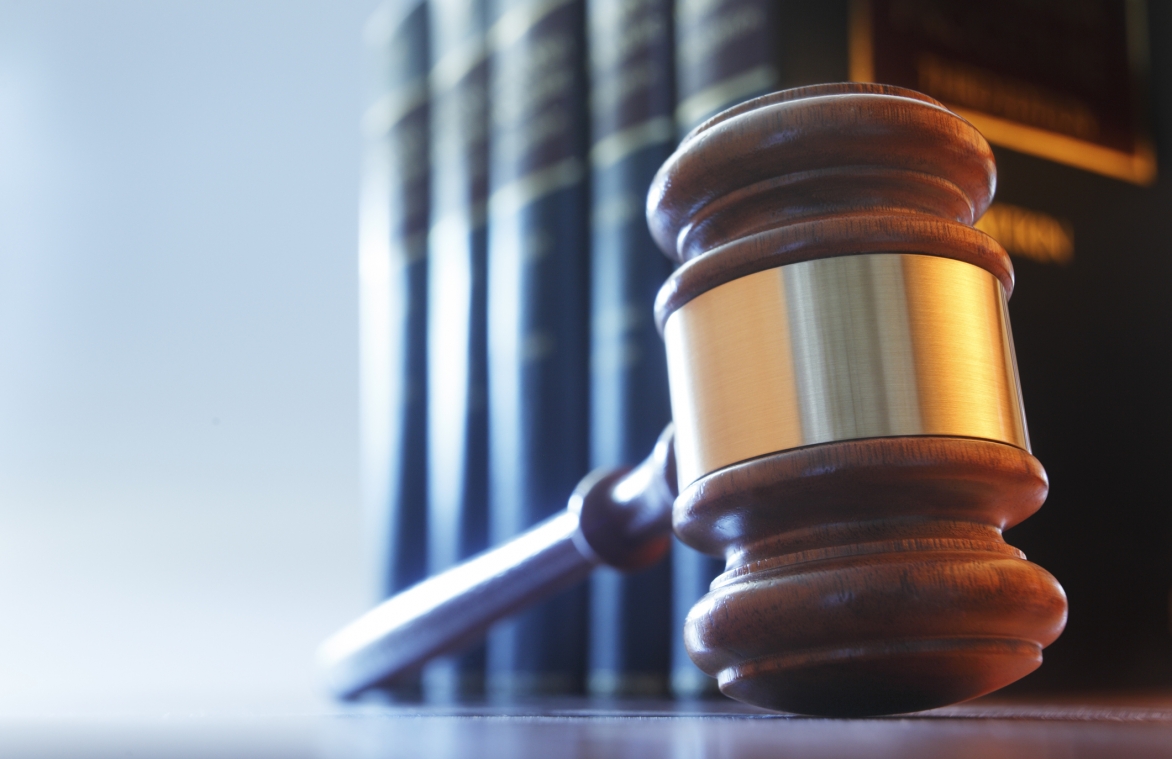A former forensic scientist in Arizona engaged in unprotected, job-duty speech under the rule from Garcetti v. Ceballos (2006) when he testified in court about his thoughts on the proper way to provide blood-alcohol test results to defense attorneys, a federal appeals court has ruled.
The 9th U.S. Circuit Court of Appeals case arguably is in tension with the U.S. Supreme Court decision in Lane v. Franks (2014), which held that generally in-court testimony is protected citizen speech, not unprotected employee speech.
Greg Ohlson was a senior forensic scientist at the Arizona Department of Public Safety, Scientific Analysis Bureau. He often tested blood-alcohol samples of defendants and testified about his findings in court proceedings.
At the department, samples were analyzed in batches that included samples from multiple defendants. The department’s preferred method was providing criminal-defense attorneys with the sample of the individual defendant only. However, Ohlson said the proper way was to provide defense attorneys with the entire batch of samples so that they could better analyze and evaluate the accuracy of the results.
Ohlson told his superiors that the department should make batch data public by releasing it on a website. He also, contrary to department policy, created a private PDF file of all of the data within batches.
In 2016, he testified in two DUI cases that disclosure of the entire batch was necessary to ensure accuracy. He also explained his disagreement with his superiors. After this testimony, he was placed on administrative leave. Later that year, in October, he retired.
Ohlson then sued in federal court, alleging a violation of his First Amendment free-speech rights. A federal district court ruled that Ohlson established a free-speech violation but granted the defendants qualified immunity, because the law was not clearly established whether a public employee had a First Amendment right to be free from discipline for in-court testimony when the employee regularly testified in court as part of his job.
On appeal, a three-judge panel of the 9th Circuit affirmed in its Aug. 23, 2021, decision in Ohlson v. Brady. The panel reasoned that Ohlson arguably engaged in unprotected, job-duty speech under Garcetti v. Ceballos (2006) when he testified in court. The panel distinguished the Supreme Court’s later decision in Lane v. Franks (2014), a ruling in which the Court held that a public employee — whose job did not require testimony — suffered a First Amendment violation when he was fired for truthful, in-court testimony.
The difference to the panel was that Ohlson — unlike Edward Lane in the Lane v. Frankscase — regularly testified in court as part of his job.
In any event, the panel also emphasized that the district court was correct in granting qualified immunity to the defendants, writing: “What is abundantly clear to us, as it was to the district court, is that the law is not clearly established, and the defendants are entitled to qualified immunity.”
The Free Speech Center newsletter offers a digest of First Amendment and news media-related news every other week. Subscribe for free here: https://bit.ly/3kG9uiJ
David L. Hudson Jr. is a professor at Belmont University College of Law who writes and speaks regularly on First Amendment issues. He is the author of Let the Students Speak: A History of the Fight for Free Expression in American Schools (Beacon Press, 2011), and of First Amendment: Freedom of Speech(2012). Hudson is also the author of a 12-part lecture series, Freedom of Speech: Understanding the First Amendment (2018), and a 24-part lecture series, The American Constitution 101 (2019).

